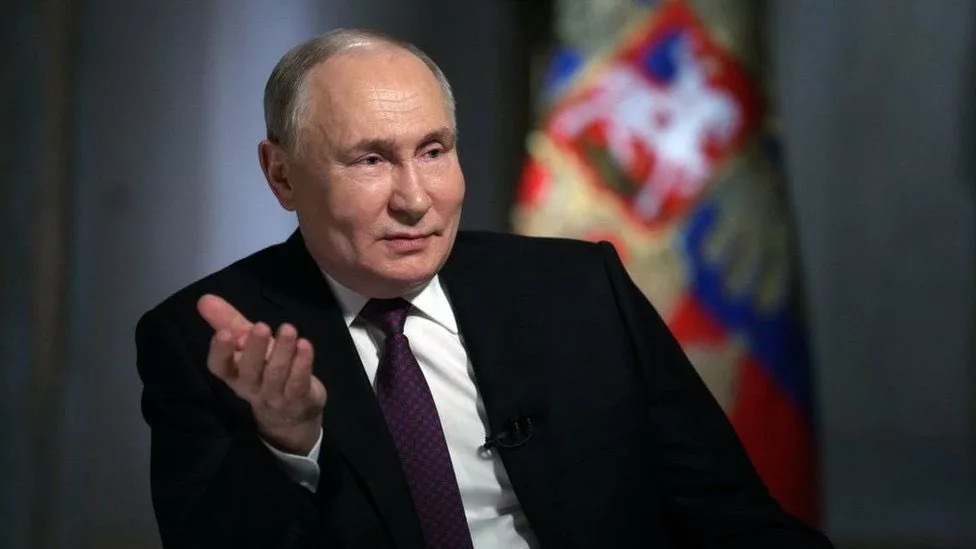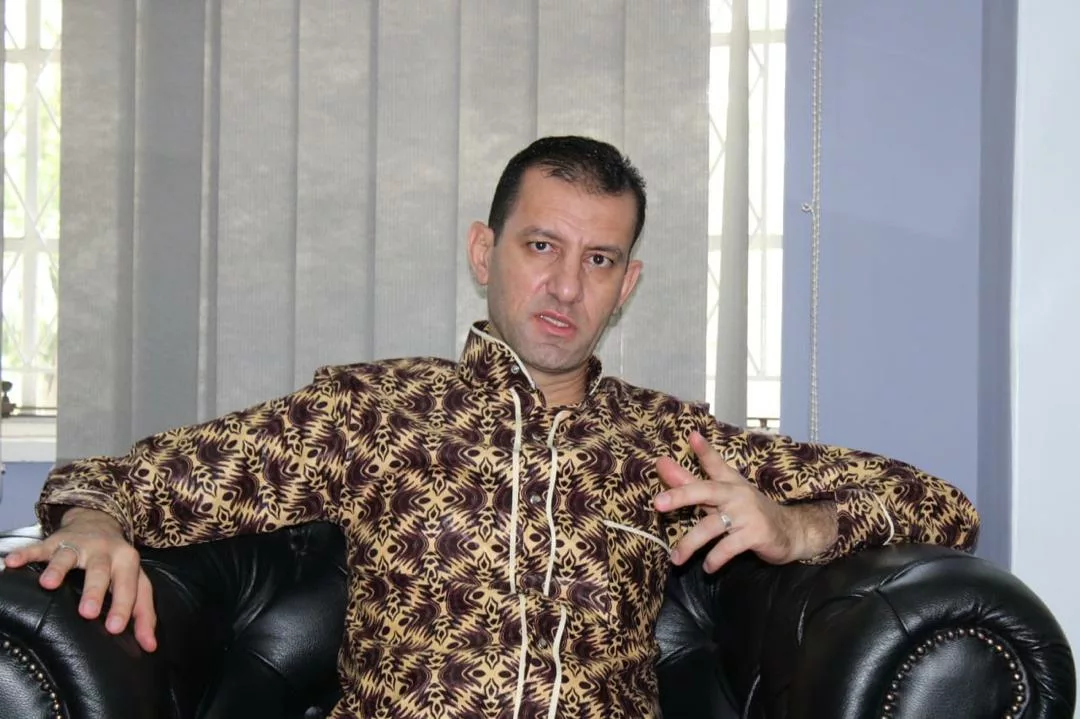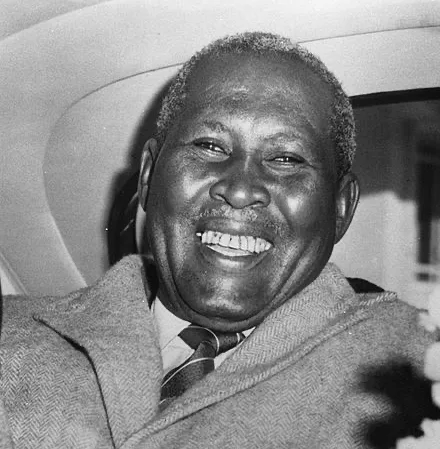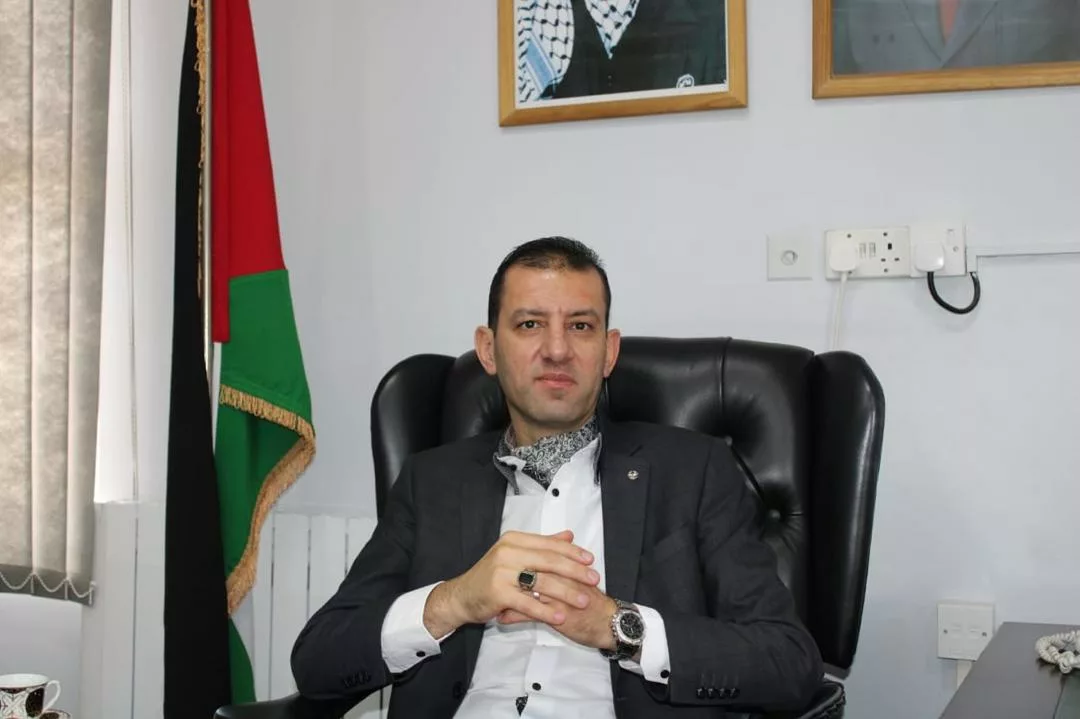|
Getting your Trinity Audio player ready...
|
President Vladimir Putin in mid-March was resoundingly re-elected to a fifth term in office, according to data from the Central Election Commission (CEC) and the results of exit polls conducted by the Russian Public Opinion Research Center at 1,400 polling stations.
The incumbent head of state won 87% of the votes cast.
The CEC reported that the majority of international observers for the Russian presidential election came from Africa and Asia.
A total of 1,115 foreign observers and experts from 129 countries monitored the polls, with the highest representation from Africa, including observers from 45 countries, followed by Asia with observers from 38 countries.
We interviewed Dr. Laeed Zaghlami, a Professor at Algiers University in Algeria, who was among the African observers, to discuss the just-concluded Russian election.
How did African election observers contribute to transparency in the Russian election, and what were their key findings?
Over 1,000 observers from 120 countries attended, highlighting the extensive international presence. Russia recognises Africa’s power and position in global affairs, evident in the diverse group of African observers from Algeria, Zambia, Zimbabwe, and Botswana. Russia views Africa as an equal partner in mutual cooperation, unlike certain Western countries that exploit its resources and interfere in its internal affairs.
Monitoring a country of 17 million km2 with 112 million registered voters and 95,000 polling stations, including 89 Russian regions and recently integrated territories, presented significant challenges. However, Russia has taken an open and transparent approach to allow international monitoring of elections. The presence of observers ensured the fairness of the elections, supported by Russia’s centralized electoral commission providing technical facilities and logistics for efficient and impartial organization.
How does Russia’s electoral system compare to African democratic practices, and how do these affect perceptions of legitimacy?
Russia’s centralised electoral commission has implemented comprehensive measures to address concerns from both political parties and citizens. Assigned to oversee the electoral process in Kherson province, located approximately 1700 km from Moscow, were representatives from eight countries: USA, France, Germany, Zambia, South Africa, Botswana, Chile, and Indonesia.
Upon arrival in the Kherson region, we promptly met with the Governor of Kherson for a briefing before proceeding to inspect various polling stations across the region. We engaged in discussions with local authorities and voters throughout our visits.
I can confidently attest that the electoral system in place is well-established, with strict adherence to security and transparency protocols on the ground. The voting process, from voter registration to ballot casting, is conducted with utmost secrecy, and transparent ballot boxes further reinforce the legitimacy of the electoral process. African nations can draw inspiration from the Russian electoral system’s organization, security measures, discipline, and efficiency.
What challenges did African observers face in Russia, and how did they overcome them?
From our team’s perspective, the primary challenge we faced was security, particularly because we were assigned to Kherson, which was part of Ukrainian territory until February 2022 when it joined the Russian Federation. While the presence of the Russian army was evident, they maintained a distance from the polling stations and did not obstruct or interfere with citizens’ personal choices.
Despite the security concerns, the region seems to be gradually returning to a peaceful and normal state. During our stay, we were invited to visit an Agri-food farm, which proved to be a successful and informative experience. Additionally, we had the opportunity to visit an animal zoo, providing a relaxing break from our electoral monitoring duties.
How does African participation in the Russian election reflect broader trends in South-South cooperation?
Given the current events unfolding in Gaza and the ongoing war between Ukraine and Russia, with implications for global peace and security, it is imperative for African nations to reassess their policies and adopt a realistic and pragmatic approach founded on mutual respect, mutual interest, and equitable cooperation. The notion of “The West against the rest of the world” is not merely a narrow perspective but reflects a harsh reality where Western powers persist in denying Africans the right to self-determination and sovereignty. They refuse to acknowledge that Western values of democracy, human rights, and freedoms are no longer the sole reference points, as they are applied with varying standards and interests.
The decline of the West, as described by French author Emmanuel Todd in “the defeat of the West,” is evident. Therefore, Africa must strengthen its relations with emerging global powers such as China and Russia to foster a multi-polar system. This would enable the African continent to exert its political and economic influence on the world stage. Despite criticism from Western media regarding their presence in Africa, it is worth noting that Russia and China lack a colonial heritage compared to former colonial powers such as France, Britain, Germany, Italy, and the Netherlands, which have historically exploited Africa’s resources and seek to maintain a neo-colonial presence through aid and consultancy
What lessons can African countries learn from observing the Russian election to improve their own democratic processes?
African countries can enhance their democratic processes by embracing organization, commitment, discipline, and self-confidence. Establishing an independent electoral authority comprised of sincere and competent individuals is crucial. These are essential lessons to be learned for democratic advancement on the continent.
How does Western capitals’ reluctance to recognize Putin’s win affect perceptions of democracy in Russia from an African viewpoint?
African perceptions of democracy in Russia should not be swayed by recent events. It’s important for African nations not to be naive or driven by short-term interests. The election of Senegal’s new president highlights Africa’s diminishing importance as a preferred zone of influence for the West, particularly France. The West’s blind support for Israel’s actions in Gaza further exposes their hypocrisy and arrogance. Recently, several Western nations voted against a UN global call to eliminate racism, discrimination, and intolerance, raising questions about their commitment to addressing these issues. Neither Russia nor China supported this call, indicating a divergence in priorities from Western capitals. The reluctance of Western capitals to recognize Putin’s victory is another political maneuver in their complex geopolitical game.
SOURCE: KENYAN FOREIGN POLICY






